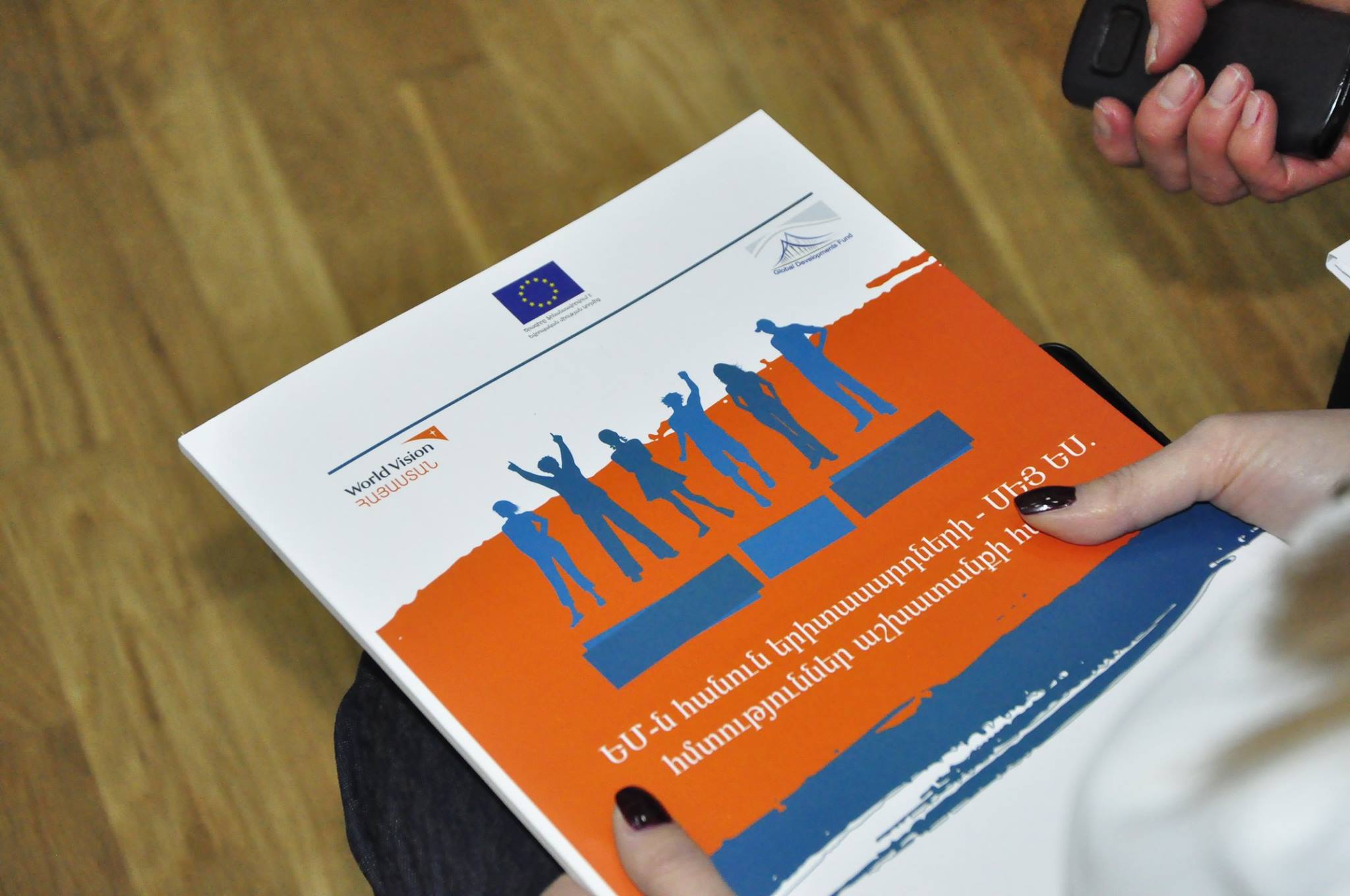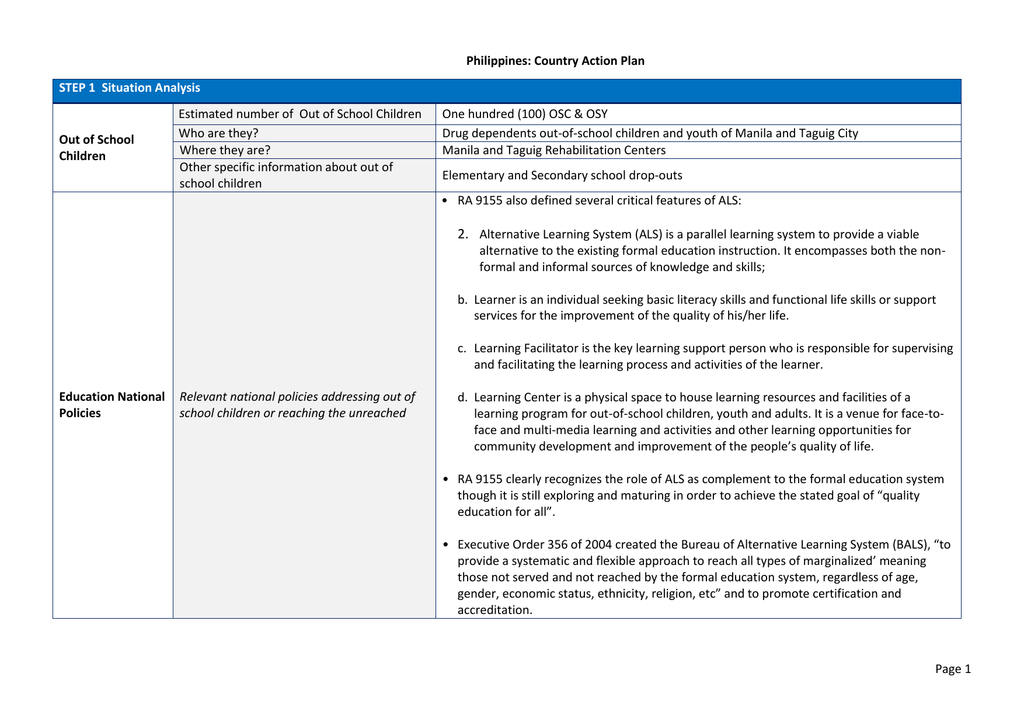

The school system is regularly supervised. As this education is continuous, it eliminates any fear of examination.
National plan of action for basic and non formal education free#
The school supplies all education kits free of charge. Learners are attracted to this type of education because it puts emphasis on songs, dance, physical exercise, drawing and other co-curricular activities.

NFE teaching-learning method is participatory. NFE is school-based curriculum reflects the special needs of the children and adolescents, and empowers them to cope with life. Teacher-student ratio is satisfactory, usually between 1:30 and 1:40. Teachers and students feel close to each other. Teachers and students live in the same community. This reduces the time spent on going to and returning from school. NFE schools are located near learners' homes. NFE is an attractive system for the under-privileged groups in terms of accessibility, duration, curriculum and teaching-learning environment. NFE provides alternative learning opportunities for the vast majority of children, youth and adults who do not have access to formal schools. Imparting non-formal education at hours suitable for them is therefore, the only practical way of making them functionally literate. A non-formal basic education programme is necessary to address their needs. A substantial number of dropouts also cannot get back to school. A large number of children cannot enter the formal education system due to various reasons. But it is not possible to bring all sections of the people under the formal education system. The country has a very high level of illiteracy although its constitution recognises basic education as a fundamental right and the universal primary education as a basic state policy. This project continued even after independence of Bangladesh. In 1963, an adult education section was opened at Comilla BARD campus under a pilot project of the directorate of public instruction. After the death of Beaver in 1962, the programme stagnated. It produced 24 books for adult learning including 12 for neo-literates. Inspired and encouraged by Beaver, the East Pakistan Adult Education Cooperative Society came into existence. In 1956, HGS Beaver, a bureaucrat of government established a 'Literacy Centre' at Dhaka and his associates developed a primer and some charts as learning materials. But the programme approached a closure due to the Second World War.Īfter 1947, it was revived through individual initiatives. Adult education programme was brought under the newly formed rural development department of the provincial government. In 1939, Frank Luebac's campaign of 'Each One Teach One' gained popularity among the masses. Several attempts had been initiated from 1935 onwards at the central, community and individual levels for adult literacy and universal primary education. By 1926, over a thousand night schools were functioning. Non-Formal education was formally launched in this country in 1918 when an attempt was made to start adult education in night schools.


 0 kommentar(er)
0 kommentar(er)
